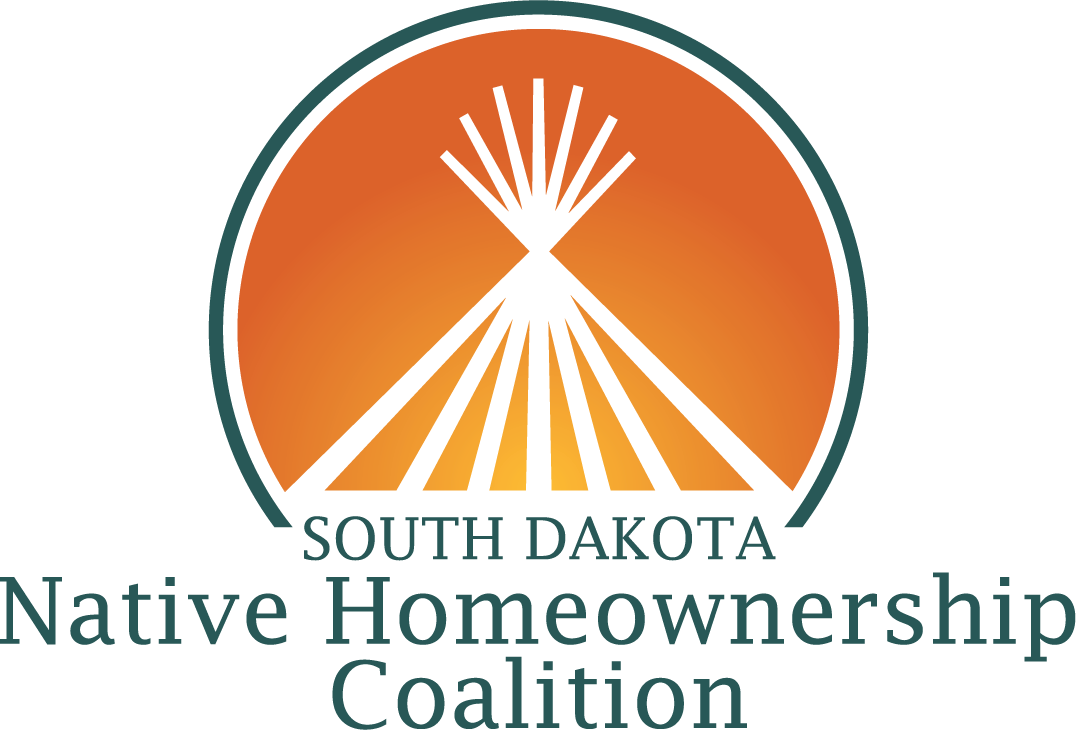Two tribal entities, Cheyenne River Housing Authority (CRHA) and Rosebud Economic Development Corporation (REDCO), recently completed housing needs assessments for their respective communities. The two organizations were chosen through an application process that we facilitated in September 2015. The studies were sponsored by the South Dakota Housing Development Authority and mark the first-ever state-supported housing needs assessments of tribal lands. We couldn’t be happier about this partnership, and hope to build on it moving forward.
Each study accurately assessed household characteristics, demographics, and the unique supply and demand characteristics of the local housing markets. While housing development on the reservations is dominated by low-income rentals, the studies revealed a substantial demand for homeownership. The lack of available housing for those who do not qualify for low-income units has forced many community members who currently have employment on the reservation to move off-reservation for housing. The study points out that emigration of skilled individuals off the reservation could significantly stunt community and economic development.
“Many families think they aren’t eligible for homeownership, but they just need a pathway to get there,” says Sharon Vogel, Executive Director of CRHA. They plan to apply information gained from the study to a 188-unit housing development in Eagle Butte.
Taffy Lafferty of REDCO says they will apply study findings to a consumer-driven development of a 750-unit mixed-use subdivision in Mission. She says, “Our people want a safe place to live. Safety and stability is the priority. Homeownership can bring that.”
The studies not only give each reservation a clear idea of specific housing needs (i.e. – number of bedrooms, affordable monthly payments), but they also provide a better understanding of the type of homeowner preparedness strategies (i.e. – financial education, credit coaching) they will need to implement in order to increase homeownership rates. The studies also provide recommendations on culturally-relevant housing development strategies, such as multi-generational housing.
